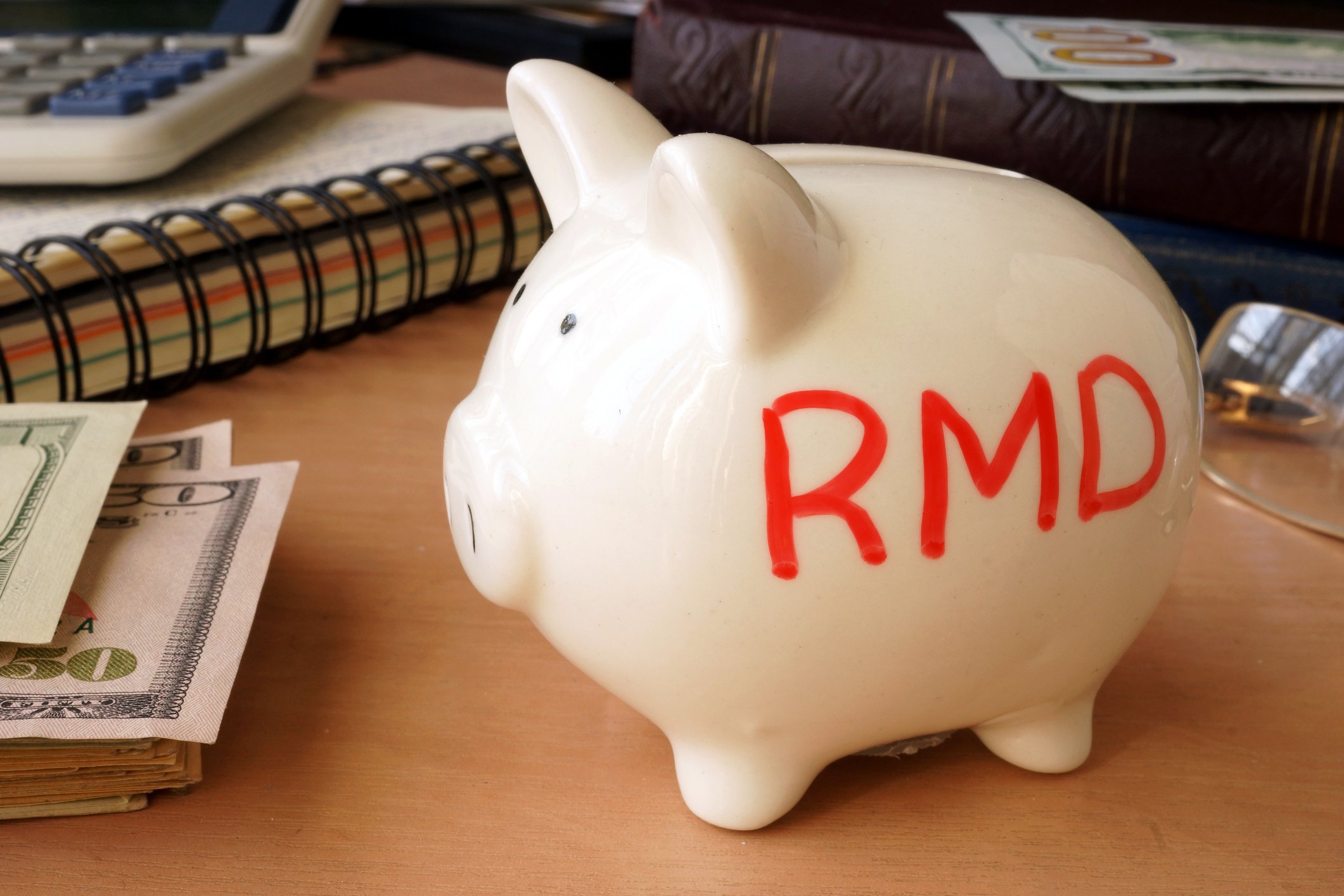Many of us can agree that saving money isn't easy. But if you don't have emergency savings, you could be headed for trouble -- and you wouldn't be alone. It's estimated that 66 million Americans have no money set aside for emergencies whatsoever, and that's a problem in more ways than one.

Image source: Getty Images.
Why aren't we saving more?
Some people, despite their best efforts to live frugally, don't earn enough money to give their savings a significant boost. And while lower earners attempting to save have some options, like looking into tax credits and working side gigs, those don't always pan out.
But for some of us, our collective lack of savings boils down to misplaced priorities. Many of us have the ability to live comfortably, but below our means -- yet we don't. In 2015, almost 12 million households spent more than half of their income on housing. In 2016, the average American spent over $900 on holiday purchases alone. And it's estimated that the average U.S. household spends close to $3,000 a year on entertainment.
Now you might argue that there's no sense in making money if you can't enjoy it, but there's a difference between blowing your entire paycheck and treating yourself to a responsible degree. And unfortunately, many Americans wind up doing the former.
You need emergency savings
Regardless of your age or income level, you need to have savings in place to cover yourself in the event of a financial emergency. What might an emergency constitute? It could mean that your car gets totaled and you need to buy a new one, or that your heating system goes kaput and needs to be replaced overnight. Or, it could mean that you've lost your job or fallen ill, and have no income coming in for an extended period of time.
No matter what type of unplanned expense you end up facing (and trust me, something will sneak up on you sooner or later), if you don't have emergency savings in place, you'll be putting your long-term financial well-being in serious jeopardy. You might, for example, lose your home or car if you can't make payments for months. You might also have no choice but to take on loads of credit card debt, which could damage your credit score and kick off an evil cycle of accumulating interest.
That's why it's critical to have enough money in the bank to cover three to six months' worth of living expenses. Which end of that range should you aim for? If you're single without dependents and you don't own a vehicle or home, three months' worth of expenses is probably fine. If you're the sole breadwinner in a family with multiple children and you own your home, six months' worth of savings sounds a whole lot safer. Furthermore, while investing money you're not currently using is a great way to grow your wealth, your emergency fund should be held in a risk-free, easily accessible savings account. This way, your balance won't be at the mercy of how the market is doing.
Working your way up
Of course, most of can't change our ways overnight and go from having no savings to suddenly socking away thousands. But if you start making lifestyle adjustments to free up extra cash, you'll be well on your way to building that critical safety net.
For starters, take the time to draw up a household budget. Almost 60% of Americans fail to follow a budget even though it's one of the most effective tools for managing finances. Once you have a budget in place, you can see how you're spending your money and identify opportunities to save.
The next step in the process is equally simple: You'll need to start spending less money. You can achieve this objective in one of two ways. The first is taking one major expense category, like housing, and slashing it significantly. If, for example, you're able to shave $400 a month off your rent by downsizing to a smaller space, you'll accumulate $2,400 in half a year's time. On the other hand, if you feel that making a bunch of minor changes will achieve the same goal without cramping your lifestyle, you can scrape together that savings by cutting back on restaurant meals, scaling back your cable package and data plan, and walking or taking buses instead of paying for taxis.
No matter what strategy you employ to build your emergency savings, the key is to do something before you find yourself staring down a sizable bill you can't pay. Saving money won't provide the same instant gratification that many of us are used to, but when the time inevitably comes to tap that emergency fund, you'll be more than grateful it's there.





